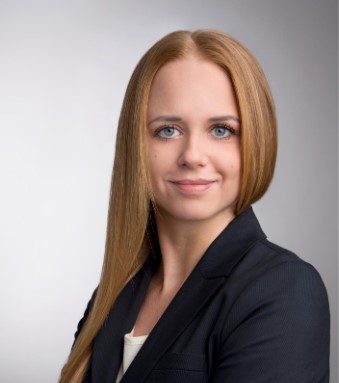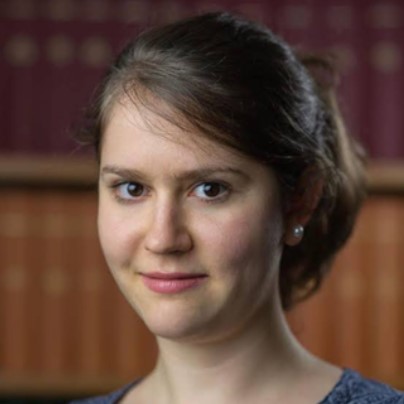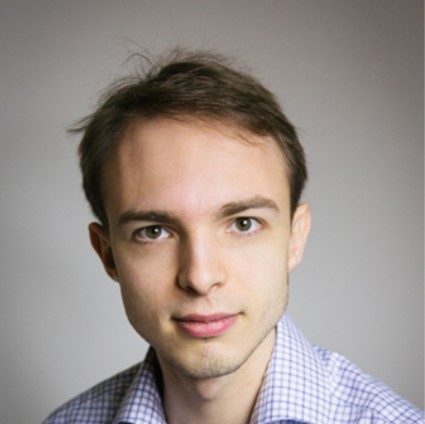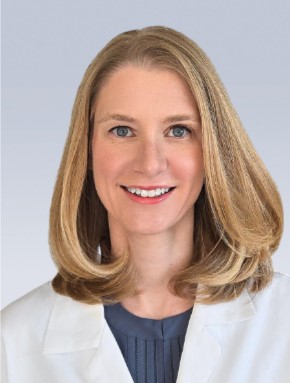Early Career Scientists in the Raynor Cerebellum Project
The RCP is committed to recognizing outstanding work done by trainees and junior faculty. We have given funding awards to several post docs who demonstrate excellence in neuroscience and endeavor to better understand the cerebellum and improve therapies. These early career scientists are a celebrated asset of RCP and we anticipate meaningful discoveries from all of them. Read about their research efforts below.

Carina Oehrn, M.D., Ph.D.
Assistant Professor of Neurological Surgery, UC Davis
Dr. Carina Oehrn is a physician‑neuroscientist at UC Davis, where she leads a lab at the Center for Neuroscience and the Department of Neurological Surgery. Her team specializes in human intracranial recordings and deep brain stimulation, with a focus on the neural networks underlying non‑motor symptoms in movement disorders. Her goal is to harness neural signals to develop new neuromodulation therapies for cognitive and affective symptoms using frequency‑based stimulation strategies and adaptive DBS.
Dr. Oehrn’s current project examines cerebellar–cortical interactions in patients with cerebral palsy. By directly recording brain activity from implanted cerebellar electrodes combined with EEG, her research seeks to identify neural signatures of non‑motor functions in these networks and test new brain stimulation strategies, paving the way toward novel therapies for cerebellar disorders.
She earned her PhD at the University of Bonn in Germany and completed postdoctoral training in the Starr Lab at UCSF.

Caroline Nettekoven, Ph.D.
Wellcome Fellow, University of Oxford
Dr. Nettekoven is a cognitive neuroscientist whose research aims to advance non-invasive brain stimulation for cerebellar disorders by combining cutting-edge imaging and stimulation techniques. Using highly sensitive brain recordings (OPM-MEG) and precise ultrasound stimulation guided by individualized brain maps (fMRI), she seeks to better understand cerebellar function and develop targeted, closed-loop treatments to improve motor and cognitive symptoms in patients.
Dr. Nettekoven is a strong advocate for open and equitable science. She shares her lab’s tools and methods and runs a blog demystifying neuroimaging methods. She organizes symposia and educational events that highlight the roles of the cerebellum to better reflect the cerebellum’s importance in cognition, development, and healthy brain function.
Dr. Nettekoven received her BSc at Heidelberg University and completed a DPhil at the University of Oxford, where she identified a link between cerebellar neurochemicals and movement. In 2025, she returned to Oxford as a Wellcome Early Career Fellow. www.caroline-nettekoven.com

Charlie Micou, Ph.D.
University of Cambridge
Charlie’s project leverages naturalistic behavioral data from millions of players of online games as they learn cognitive and motor skills over the course of several months. By considering both how we master tasks and how our behavior continues to change even after becoming experts, he aims to identify phenotypes of learning that can be linked to neural phenomena. This has the potential to lay the groundwork for digital behavior-based biomarkers for neurological health.
Charlie’s previous work has been on representational drift—how patterns of neural activity corresponding to already-mastered tasks continue to evolve—and on the implementation of optical brain-computer interfaces that read out from the hippocampus, a brain region critically involved in spatial navigation and episodic memory.
Before neuroscience, Charlie’s background was information engineering. He spent several years in the tech start-up scene, where he was a researcher working on distributed simulation tools and novel network protocols. https://charliemicou.com/

Lauren Hammer, M.D., Ph.D.
University of Pennsylvania
Dr. Hammer is a movement disorders neurologist and neural engineer from Damascus, Maryland, with subspecialty expertise in deep brain stimulation. Her research bridges engineering, neuroscience, and clinical medicine to develop novel neuromodulation therapies for movement disorders, particularly those involving the cerebellum.
With support from the Raynor Cerebellum Project, she is leading a two-year study to develop and validate precise, quantitative measures of ataxia symptoms using wearable sensors and tablet-based tasks. By tracking symptom severity and day-to-day variability in people with hereditary ataxia, her team is building the critical tools needed to measure symptoms accurately and apply them in future deep brain stimulation trials for cerebellar disorders.


